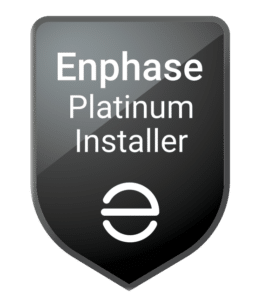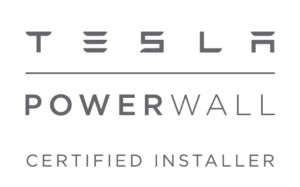Electric vehicles (EVs) are everywhere, and as EVs continue to gain popularity, more and more homeowners are exploring sustainable ways to power their vehicles. One effective solution is to leverage solar energy to offset the electricity consumed during EV charging*. Solar power offers an environmentally friendly and cost-effective method to fuel electric cars, reducing reliance on the grid and minimizing carbon emissions. This article explores the benefits of using solar energy to offset EV charging at home and provides insights into the integration process.
- The Advantages of Solar-Powered EV Charging
Environmental Benefits
Solar-powered EV charging significantly reduces greenhouse gas emissions associated with traditional fossil fuel-powered vehicles. By utilizing renewable energy, EV owners can drive their vehicles with a smaller carbon footprint, contributing to a cleaner and greener environment.
Cost Savings
Generating electricity from solar panels eliminates reliance on the grid and the associated costs. Homeowners can not only offset their EV charging needs but also save money on their overall energy bills. Over time, the savings from solar-powered charging can offset the initial investment in solar panel installation. - Integrating Solar Energy with EV Charging
Solar Panel Installation
To harness solar power for EV charging, homeowners need to install solar panels on their property. The number and size of the panels depend on factors such as energy consumption and available roof space. The specialists at My Generation Energy can help determine the optimal system size and solar panel placement that meets your energy needs. - Considerations and Future Potential
Home Energy Storage
Integrating solar power with home energy storage systems, such as batteries, allows homeowners to store excess solar energy for later use during EV charging. This ensures uninterrupted charging even when solar production is low, such as during nighttime or cloudy days. The technology is advancing with the potential for vehicle to home charging where the vehicle will act as the battery backup for your home. Vehicle to solar to home interaction would be similar to battery backup in the event of a power outage.
Grid Interaction
When excess solar energy is generated, homeowners can feed it back into the grid through net metering. This not only helps offset grid electricity consumption during non-solar hours but also provides an opportunity to earn credits or financial incentives.
Scalability and Future Expansion
Solar-powered EV charging is scalable, allowing homeowners to start with a smaller solar installation and expand as needed. As EV adoption increases and technology advances, it becomes easier and more cost-effective to incorporate solar power into home charging infrastructure.
Leveraging solar energy to offset EV charging at home offers numerous benefits, including environmental sustainability, cost savings, and energy independence. By installing solar panels, homeowners can maximize the utilization of solar power and reduce their carbon footprint. As the world moves towards charging a greener future.
*At this time, My Generation Energy is not installing EV chargers
Are you thinking about installing solar at your home or business? My Generation Energy has been installing the highest quality solar design and installation on Cape Cod, the South Shore, South Coast and Greater Boston area since 2008.





